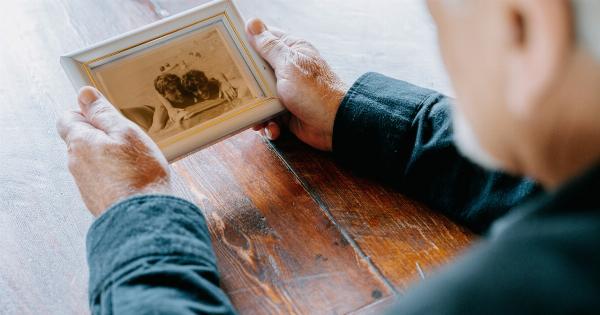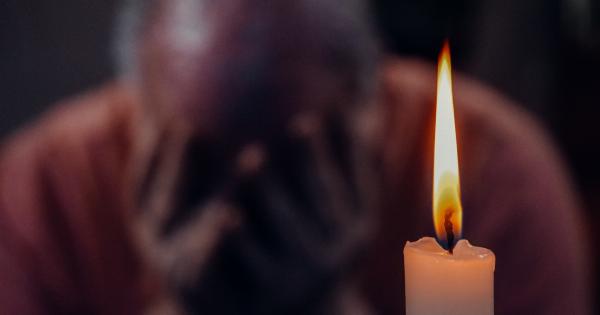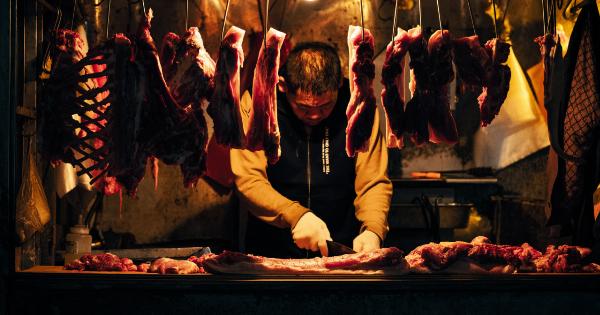The death of a close friend is an enormous loss. It can be difficult to know how to cope with the grief and find a way forward. One of the common questions people ask is how long it takes to get over the death of a friend.
The answer is that grief is a personal journey and can take different amounts of time for different people. However, there are some common stages of grief that can help us understand the process better.
Stage 1: Shock and Denial
The first stage of grief is usually shock and denial. This is when you first hear the news of your friend’s death, and your mind can’t quite take it in. You might feel numb or disassociated from the news.
You might also deny that it’s happened, or try to rationalize it. This is a normal reaction, and can last from a few hours to a few days.
Stage 2: Anger and Guilt
As the reality sets in, you might begin to feel angry or guilty. You might feel anger at the situation, at the person who died, or at yourself for not doing more to help or prevent the death.
You might also feel guilty for things left unsaid or for not spending enough time with your friend. These emotions are normal, and it’s important to allow yourself to feel them. It’s important to remember that you had no control over the situation and that it’s natural for you to feel what you are feeling.
Stage 3: Bargaining and Depression
As you begin to accept the reality of your friend’s death, you might find yourself trying to bargain with yourself or a higher power.
You might think if only you had done things differently, or if only you can do something to make things better now. You might also feel helpless and alone, which can lead to depression. It’s important to acknowledge these feelings and know that they are normal.
It’s important to reach out for help from family and friends, or even a therapist or grief counselor if you need it.
Stage 4: Acceptance and Moving On
The final stage of grief is acceptance and moving on. This is when you come to accept your loss and find a way to live with it.
This doesn’t mean forgetting or getting over your friend’s death, but rather finding a way to honor their memory and live your life without them physically present. It’s important to remember that everyone moves through the stages at their own pace, and there is no right or wrong way to grieve.
Coping Strategies
While the grief process can be difficult and painful, there are some coping strategies that can help you get through it.
1. Allow Yourself to Grieve
It’s important to allow yourself to feel the full range of emotions that come with grief. Don’t try to deny them or push them away. Cry if you need to, talk to someone about your feelings, or write in a journal.
2. Take Care of Yourself
It’s important to take care of yourself physically and emotionally during this time. Try to get enough sleep, eat healthy foods, and exercise regularly.
Avoid drugs and alcohol, which can numb your feelings in the short term but make things worse in the long run.
3. Seek Support
Don’t try to go through the grieving process alone. Seek support from family and friends, a therapist or grief counselor, or a support group. Talking to others who have gone through similar experiences can be incredibly helpful.
4. Honor Your Friend’s Memory
Find a way to honor your friend’s memory that feels right for you. This might be creating a memorial, dedicating a bench or tree, or doing something that your friend loved in their honor.
5. Be Patient
Remember that grieving is a process that takes time. Be patient with yourself and allow yourself to move through the stages at your own pace. There’s no right or wrong way to grieve.
Conclusion
Dealing with the death of a close friend is one of life’s toughest challenges. Grief is a personal journey that takes different amounts of time for different people.
The stages of grief can help us understand the process better, but remember that everyone moves through them at their own pace. Coping strategies like allowing yourself to grieve, taking care of yourself, seeking support, honoring your friend’s memory, and being patient can help you get through the grieving process.




























